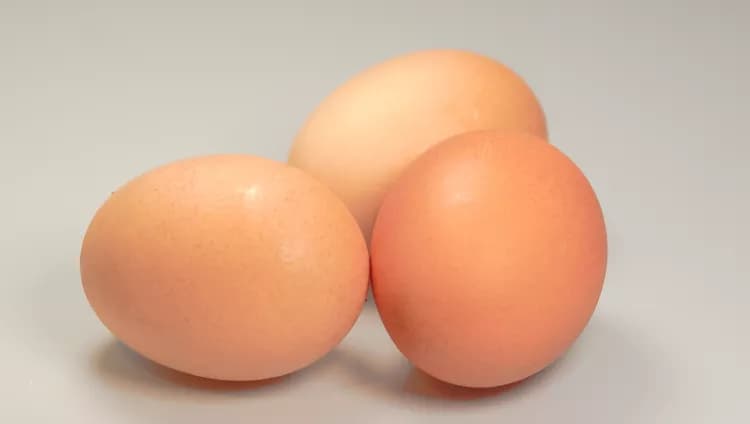Choline is an essential nutrient and plays a critical role in brain development, cell signaling, nerve impulse transmission, liver function, and maintenance of a healthy metabolism. The article "Assesment of Total Choline Intakes in the United States" by Taylor C. Wallace PhD, CFS, FACN & Victor L. Fulgoni III PhD, from the Journal of the American College of Nutrition, analyzes the usual intakes of choline and compares them with the dietary reference intakes for U.S. residents aged ≥2 years. Choline can be found naturally in foods including eggs, liver, beef, salmon, shrimp, cauliflower, spinach, Brussels sprouts, and breast milk. Symptoms of a choline deficiency may include low energy levels, memory loss, cognitive decline, muscle aches, nerve damage, and mood changes or disorders.
The National Cancer Institute method was used to assess usual intakes of choline from foods according to data for participants in the 2009-2012 National Health and Nutrition Examination Survey (NHANES; n = 16,809). The results showed that suboptimal intakes of choline are prevalent across many life-stage subpopulations in the United States. Only 10.8 ± 0.6% of 2009-2012 NHANES participants aged ≥2 years (15.6 ± 0.8% of males and 6.1 ± 0.6% of females) achieved the adequate intake (AI) for choline. Children aged 2-3 years were the most likely to exceed the AI (62.9 ± 3.1%), followed by children aged 4-8 years (45.4 ± 1.6%) and children aged 9-13 years (9.0 ± 1.0%), compared to adolescents aged 14-18 years (1.8 ± 0.4%) and adults aged ≥19 years (6.6 ± 0.5%). When comparing by age and gender, males consumed significantly more choline than females for all age groups.
These data indicate that there is a need to increase awareness among health professionals and consumers regarding potential suboptimal intakes of choline in the United States, as well as the critical role that choline plays in health maintenance throughout the lifespan. Food scientists and the food and dietary supplement industries should consider working collectively with government agencies to discuss strategies to help offset the percentage of the population that does not meet the adequate intake. Revision of the dietary reference intakes for choline should include replacement of the adequate intake with an estimated average requirement and a recommended dietary allowance, so that more accurate population estimates of inadequate intakes may be calculated.
The above post is reprinted from materials provided by Taylor & Francis.Note: Materials may be edited for content and length.
Disclaimer: DoveMed is not responsible for the adapted accuracy of news releases posted to DoveMed by contributing universities and institutions.
Primary Resource:
Wallace, T. C., & Fulgoni III, V. L. (2016). Assessment of Total Choline Intakes in the United States. Journal of the American College of Nutrition,35(2), 108-112.
Related Articles
Test Your Knowledge
Asked by users
Related Centers
Related Specialties
Related Physicians
Related Procedures
Related Resources
Join DoveHubs
and connect with fellow professionals


0 Comments
Please log in to post a comment.